Motor oil might not get as much attention as horsepower or styling, but it’s the lifeblood of every engine. Get it right and your car can last decades. Get it wrong and even the best-engineered machine can wear out or fail far too early. Oil technology has come a long way in the last thirty years, with synthetic blends, advanced additives, and manufacturer-specific formulas. Modern engines are built to incredibly tight tolerances, which means the days of grabbing “any 10W-40 off the shelf” are long gone. Here are twenty expanded points on why the correct oil matters so much, and why you should never treat it as an afterthought.
Oil Provides Critical Lubrication
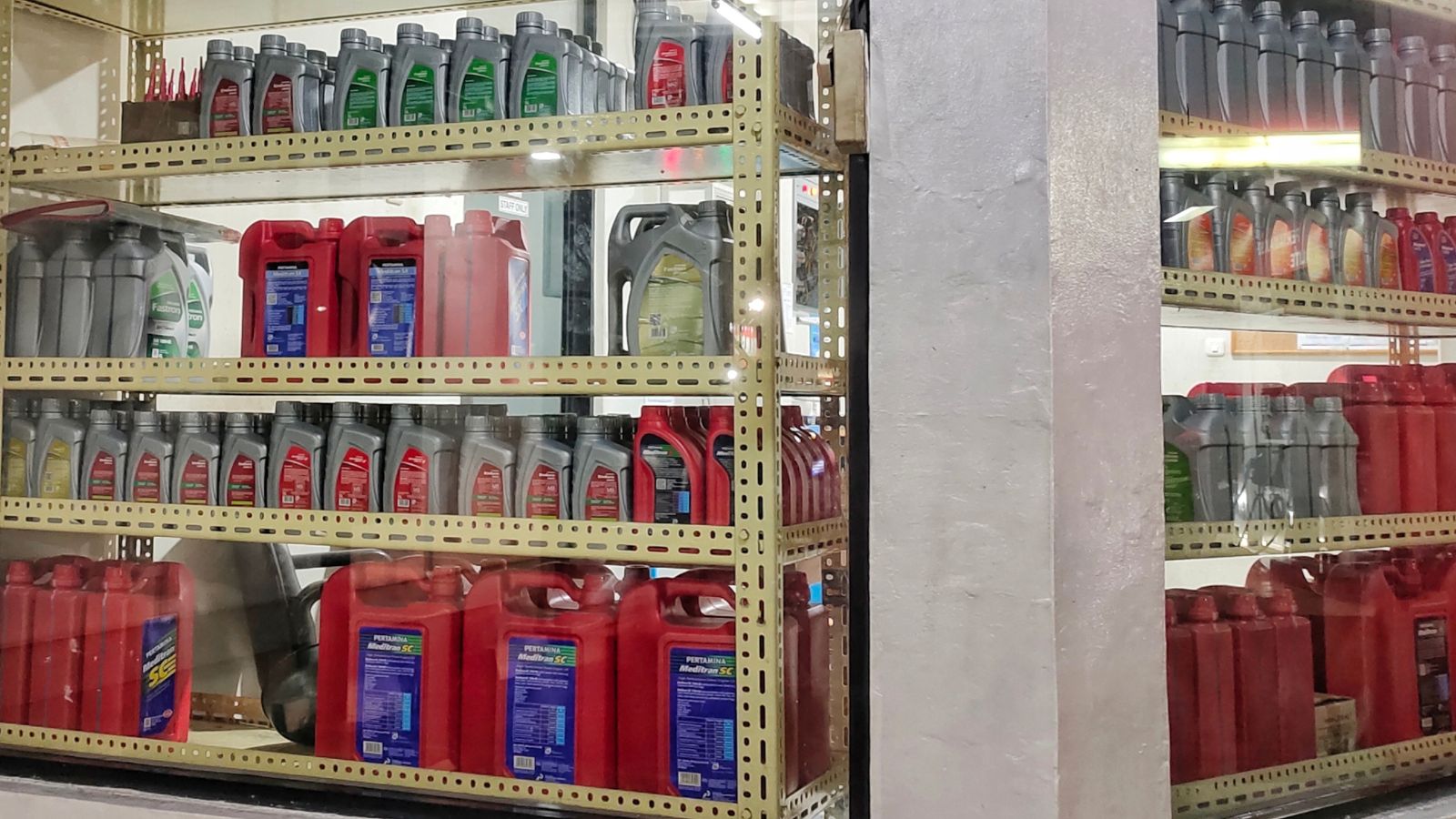
The primary job of oil is reducing friction between metal parts that move thousands of times per minute. Pistons slide in cylinders, bearings spin on crankshafts, and cam lobes open and close valves. Without oil, these parts would grind, overheat, and seize. Even a few seconds of oil starvation can cause permanent engine damage. That’s why oil pressure lights are taken so seriously once the film of lubrication is gone, the countdown to failure is fast.
Viscosity Matters
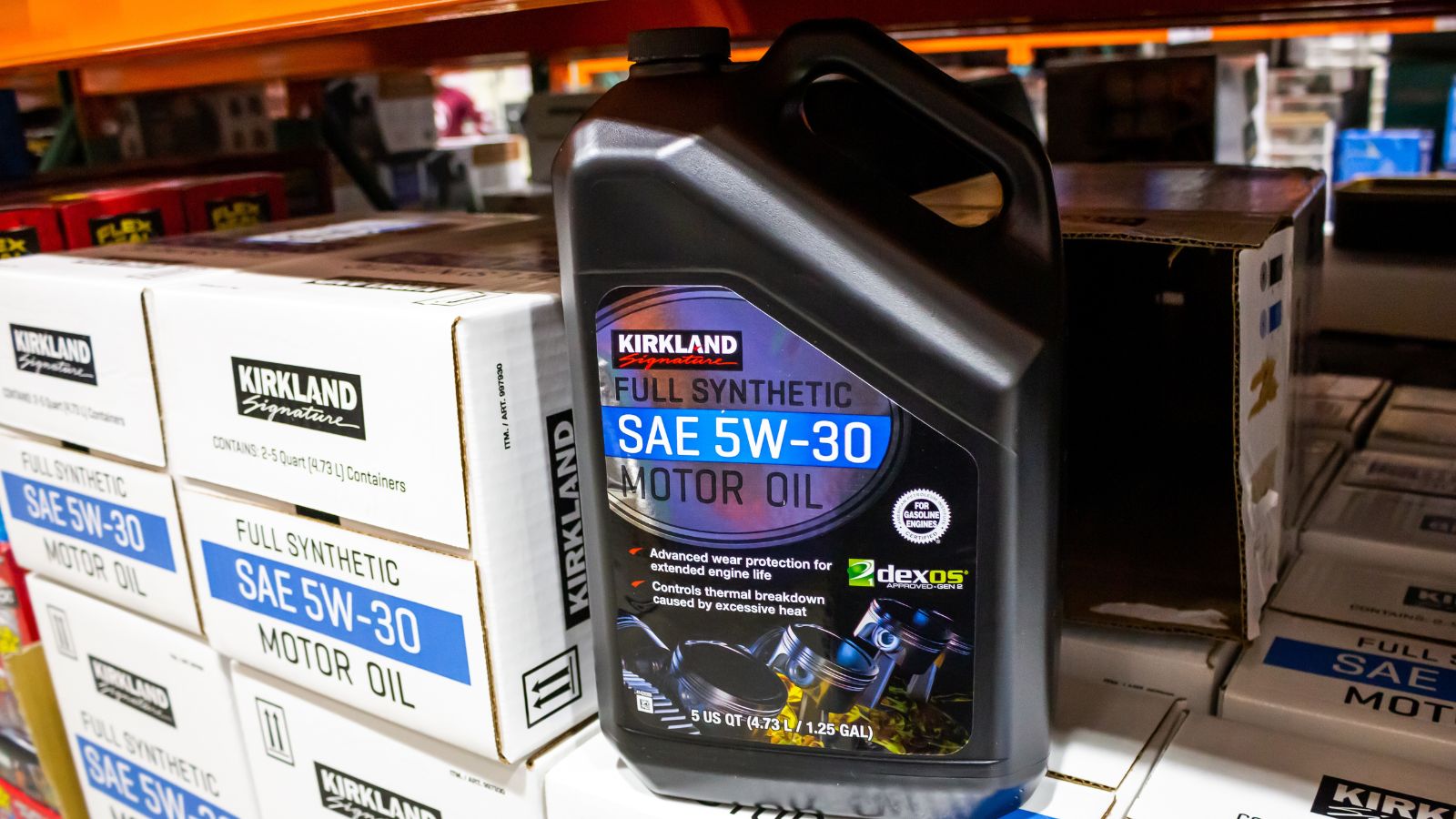
The numbers you see on bottles like 5W-30 or 10W-40 aren’t marketing fluff. They describe how thick the oil is in cold weather (the number before the “W” for winter) and how it behaves at high operating temperatures. Too thick and the oil won’t flow properly at startup; too thin and it won’t protect at highway speeds in summer heat. Automakers spend millions testing which viscosity keeps their engines alive. Ignore that recommendation and you risk faster wear, noisy starts, or worse.
Synthetic vs Conventional Oil
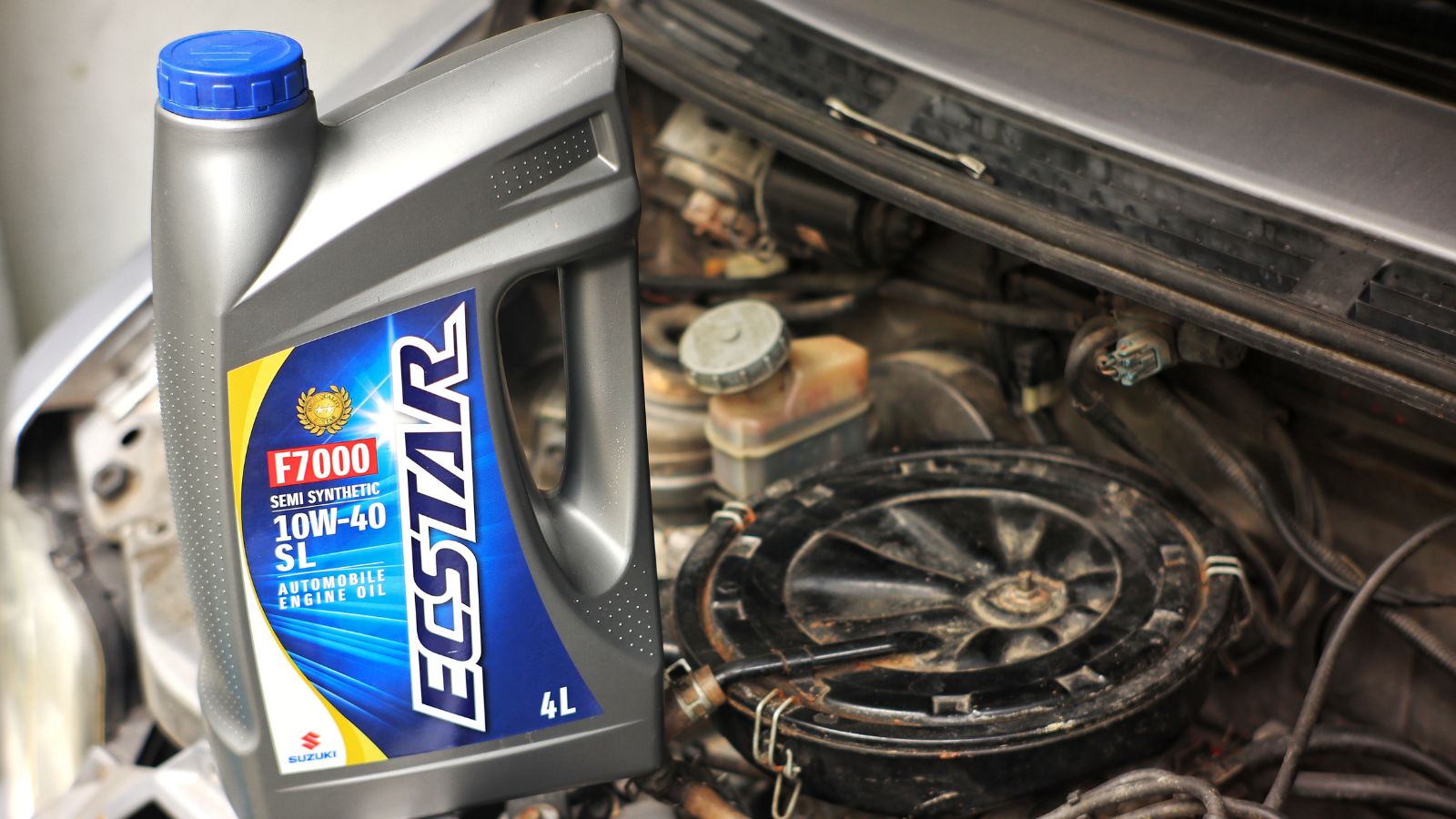
Conventional oil served vehicles well for decades, but modern engines often demand synthetic. Synthetic oils are chemically engineered for stability, resisting heat breakdown and flowing better in cold weather. They also extend oil change intervals significantly. Conventional oils may still work in older engines, but for turbocharged or high-performance vehicles, synthetic is a requirement.
Manufacturer Specifications Are Crucial

Your owner’s manual doesn’t list oil specs just for fun. Every carmaker sets standards based on their engines’ needs. BMW, for instance, requires oils that meet Longlife standards, while Volkswagen and Mercedes demand specific certifications like VW 504.00 or MB 229.5. Using oil that doesn’t meet these standards can affect warranty claims, reduce engine life, and even cause timing systems or turbos to fail.
Additives Do the Heavy Lifting

Modern oils aren’t just refined crude they’re chemical cocktails. Additives keep engines clean by preventing sludge, reduce foaming at high RPM, and protect metal surfaces with friction modifiers. Detergents remove carbon buildup while anti-wear compounds like zinc (ZDDP) protect parts under extreme stress. Choosing a quality oil means you’re also choosing a formula designed to extend engine life.
Wrong Oil Can Trigger Problems
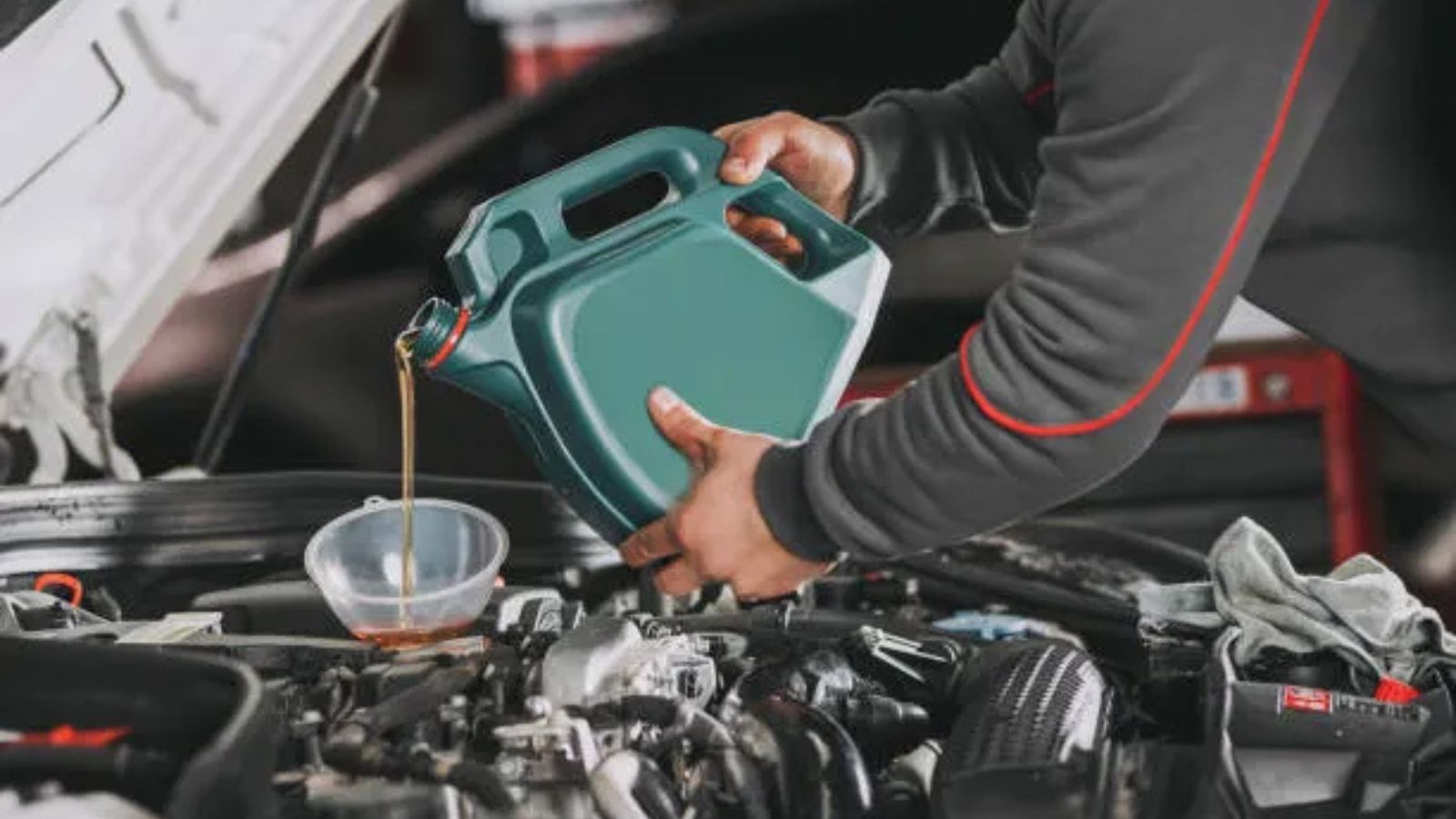
Engines today are more sensitive than ever. Use oil that’s too thick in a direct-injection turbocharged engine and you could block small oil passages. Use oil too thin in a high-mileage engine and you’ll see increased consumption and even bearing wear. Some cars, like Subaru’s turbo models, have long lists of approved oils for this very reason—stray outside that list and trouble follows.
Oil Cools the Engine Too
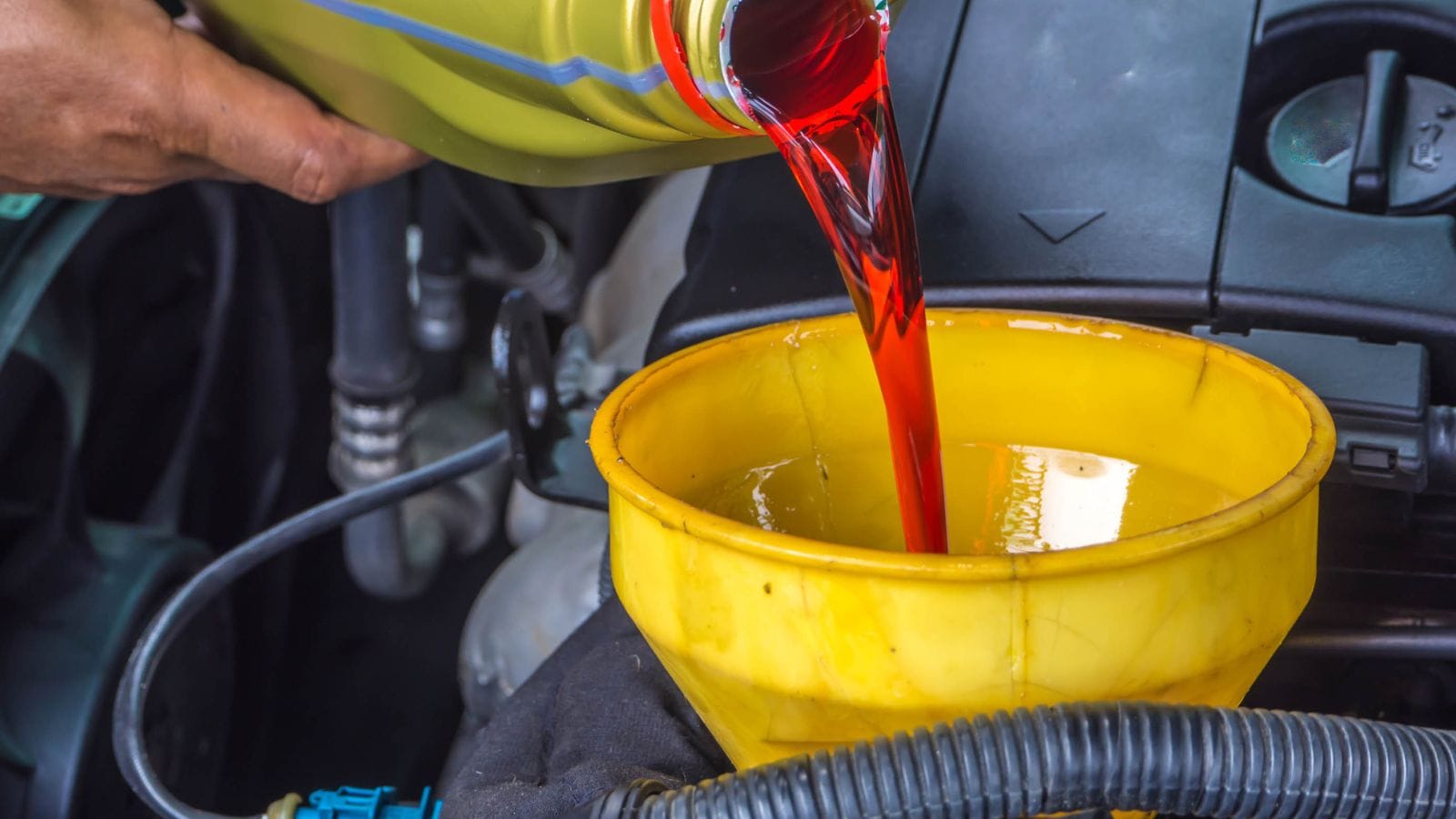
Coolant isn’t the only thing keeping temperatures down. Oil circulates through the crankshaft, pistons, and even turbochargers, carrying away heat. Without this extra cooling, engines would overheat or warp under stress. This is why oil breakdown is so dangerous—once oil loses its cooling properties, hotspots form quickly and major parts fail.
Turbocharged Engines Demand Better Oil
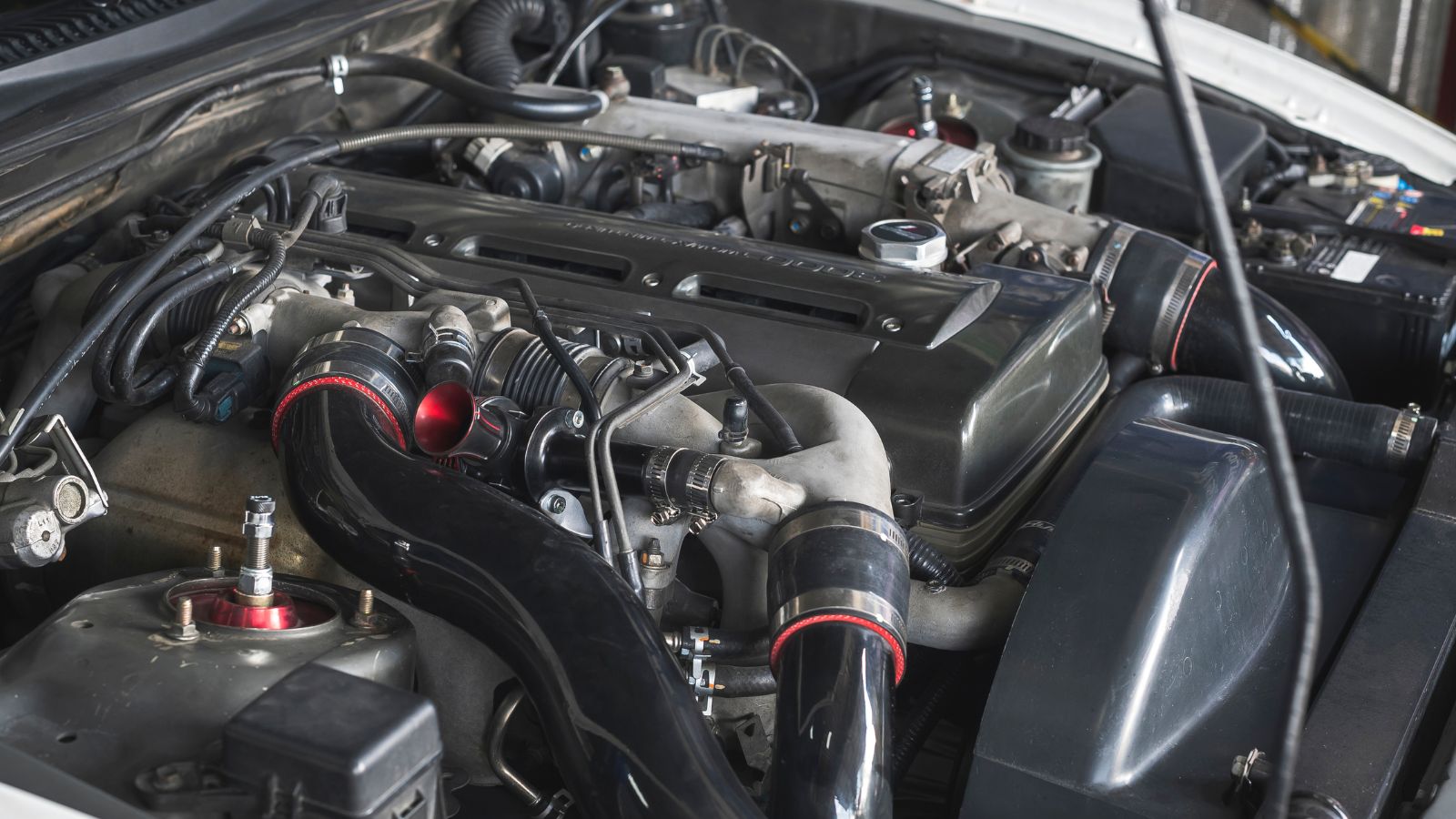
Turbochargers can spin up to 200,000 RPM and reach temperatures hotter than exhaust pipes. That’s brutal on oil. Synthetic oils are designed to withstand these extremes, while conventional oils often “cook” and turn into carbon deposits that clog oil lines. A clogged turbo oil line means turbo failure, often costing thousands to replace. That’s why turbo cars always come with stricter oil rules.
High-Mileage Oils Help Older Engines

If your car has over 75,000 miles, switching to high-mileage oil can help extend its life. These blends include seal conditioners that reduce leaks and additives that minimize oil consumption in worn engines. It won’t magically restore a tired engine, but it can help keep it healthier longer.
Diesel Engines Require Special Oils
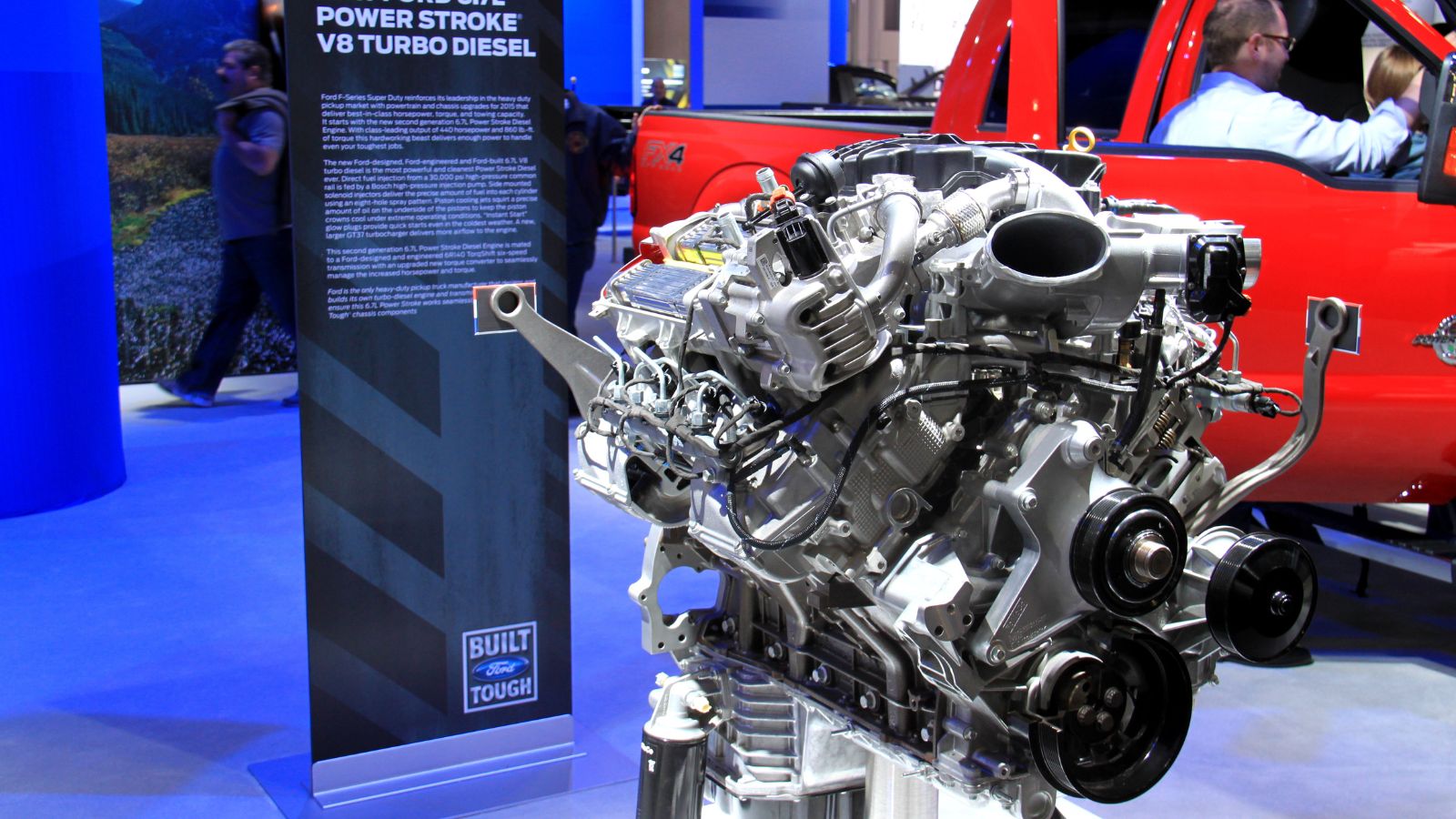
Diesel engines run at higher pressures and produce more soot. They need oils with higher detergent levels and specific ratings like CJ-4 or CK-4. Using gasoline-engine oil in a diesel won’t just reduce performance it can destroy the engine. Likewise, modern diesels with particulate filters require low-ash oils to prevent clogging.
Oil Filters Are Part of the Equation
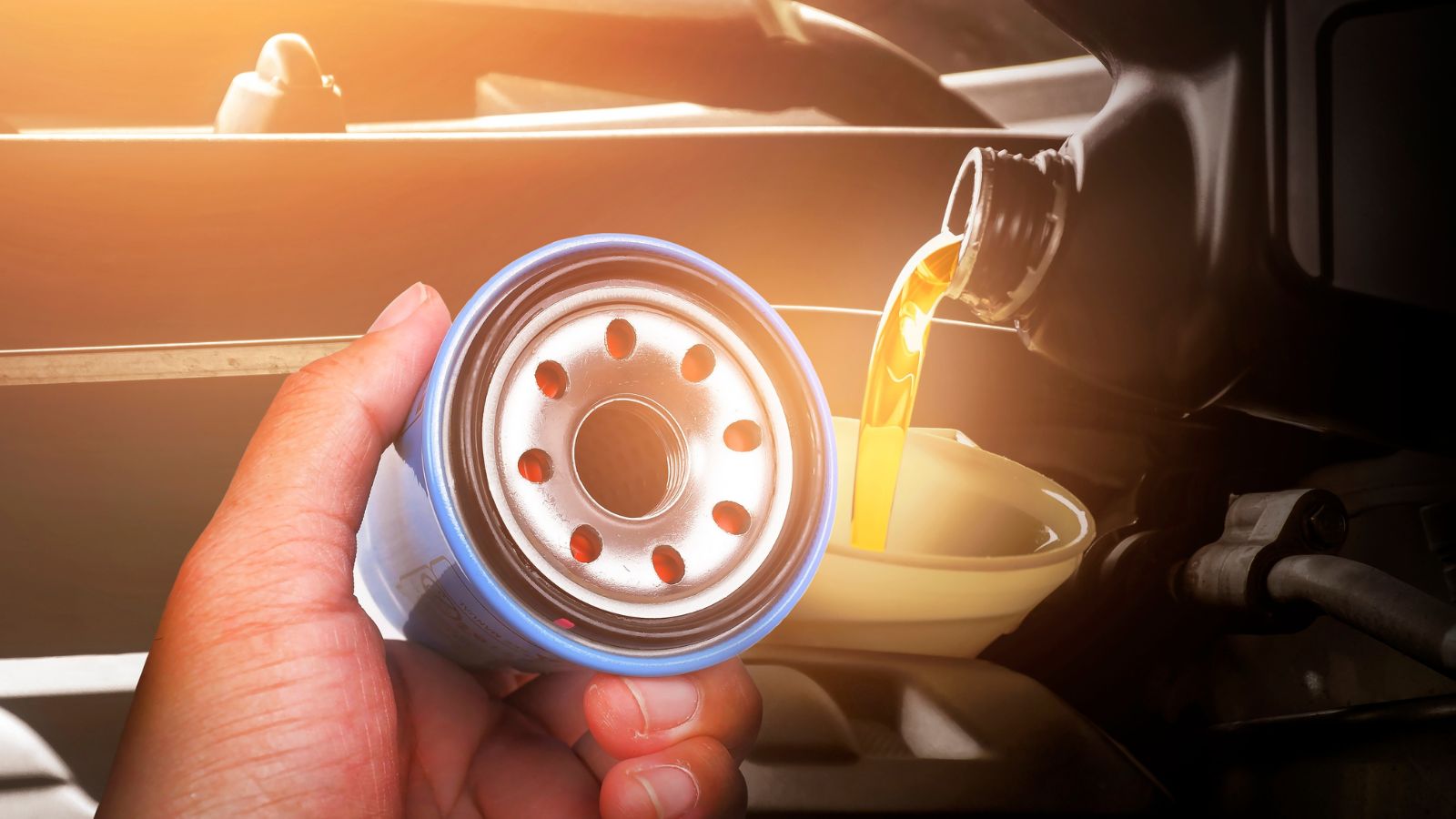
Even the best oil is useless if the filter can’t do its job. Oil filters trap dirt, carbon, and metal particles. A cheap filter may collapse, bypass filtration, or fail to hold contaminants, allowing them to circulate through the engine. Always pair quality oil with a trusted filter your engine is only as clean as both working together.
Oil Change Intervals Have Evolved

The old advice of changing oil every 3,000 miles is outdated. With modern synthetics and engine technology, many cars can safely go 7,500 to 10,000 miles between changes. Some European cars even stretch to 15,000 miles. Still, it depends on your driving style and conditions. Skipping oil changes altogether, however, is the fastest way to sludge an engine.
Short Trips Are Hard on Oil

Engines need time to heat up and burn off moisture and fuel that seep past piston rings. If you only drive short distances, the oil never reaches full temperature. This means acids and water stay in the crankcase, degrading the oil faster. City cars that rarely see highways often need more frequent oil changes than long-distance commuters.
Cold Weather Requires Special Consideration

In Canadian winters or northern U.S. states, oil viscosity at startup is critical. If the oil is too thick, it won’t circulate quickly, starving the engine during the first moments after ignition. A 0W-30 flows much better at -30°C than a 10W-30, which can make all the difference in protecting your engine. Automakers account for this in their recommendations.
Overfilling Can Be Just as Bad as Running Low

More isn’t better. Too much oil can cause aeration (foaming), which prevents proper lubrication. It can also increase crankcase pressure, blowing seals and creating leaks. Always check levels against the dipstick and keep it between the marks overfilling is a hidden danger that catches many DIY oil changers off guard.
Engine Technology Dictates Oil Needs

Modern engines with direct injection, turbocharging, and variable valve timing depend heavily on oil quality. Variable valve timing systems, for example, use oil pressure to adjust camshafts. Wrong oil can cause sluggish timing or outright failure. Automakers test specific oils with their engines for this reason guessing puts your car at risk.
Sludge Is the Enemy
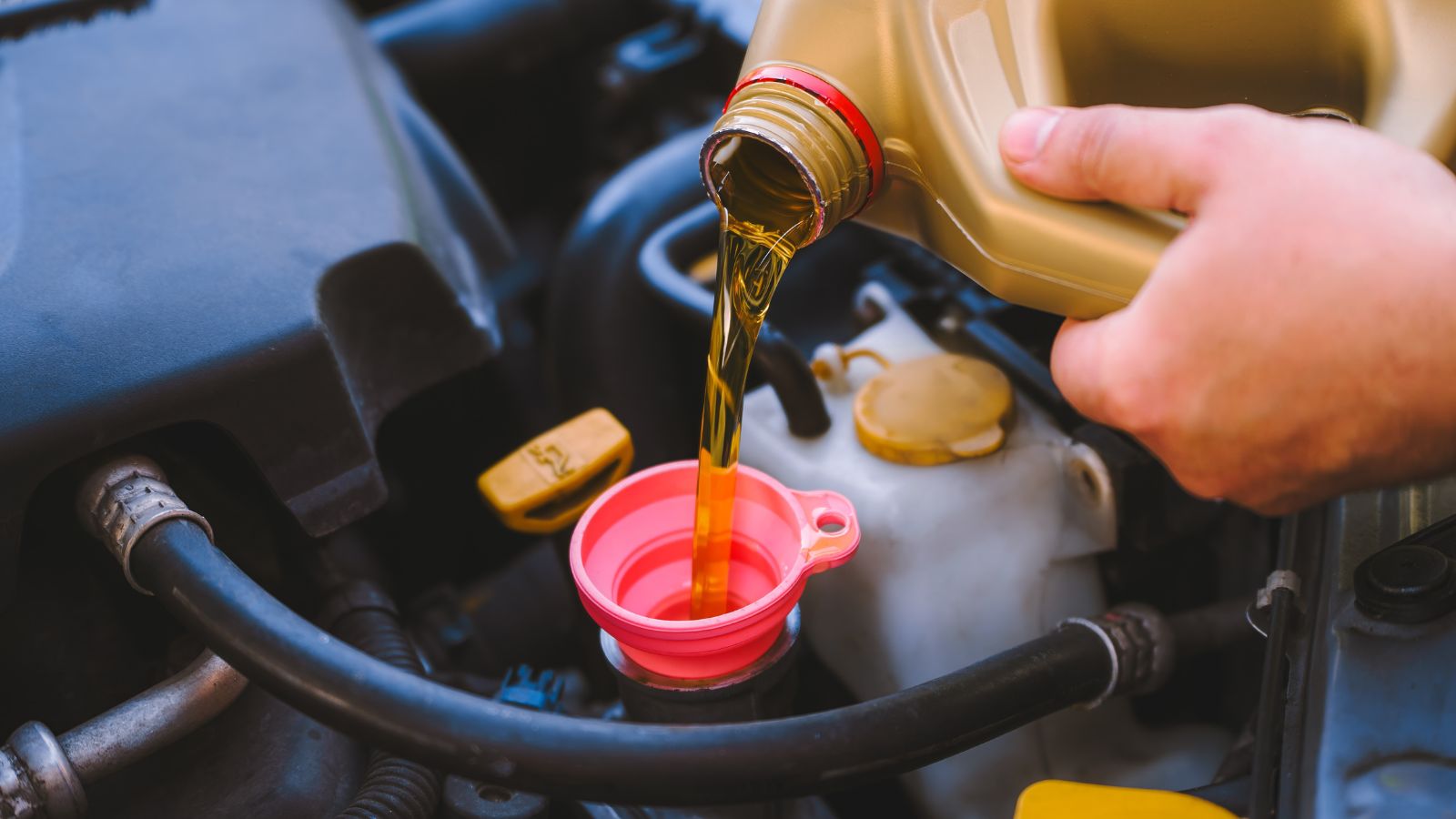
Neglected oil changes create sludge: a thick tar that clogs oil passages, sticks to components, and suffocates engines. Once sludge forms, it’s hard to remove without disassembly. Toyota and Chrysler both had infamous sludge-related lawsuits in the early 2000s, proving that ignoring oil maintenance can sink even reputable brands.
Oil Analysis Reveals Hidden Problems
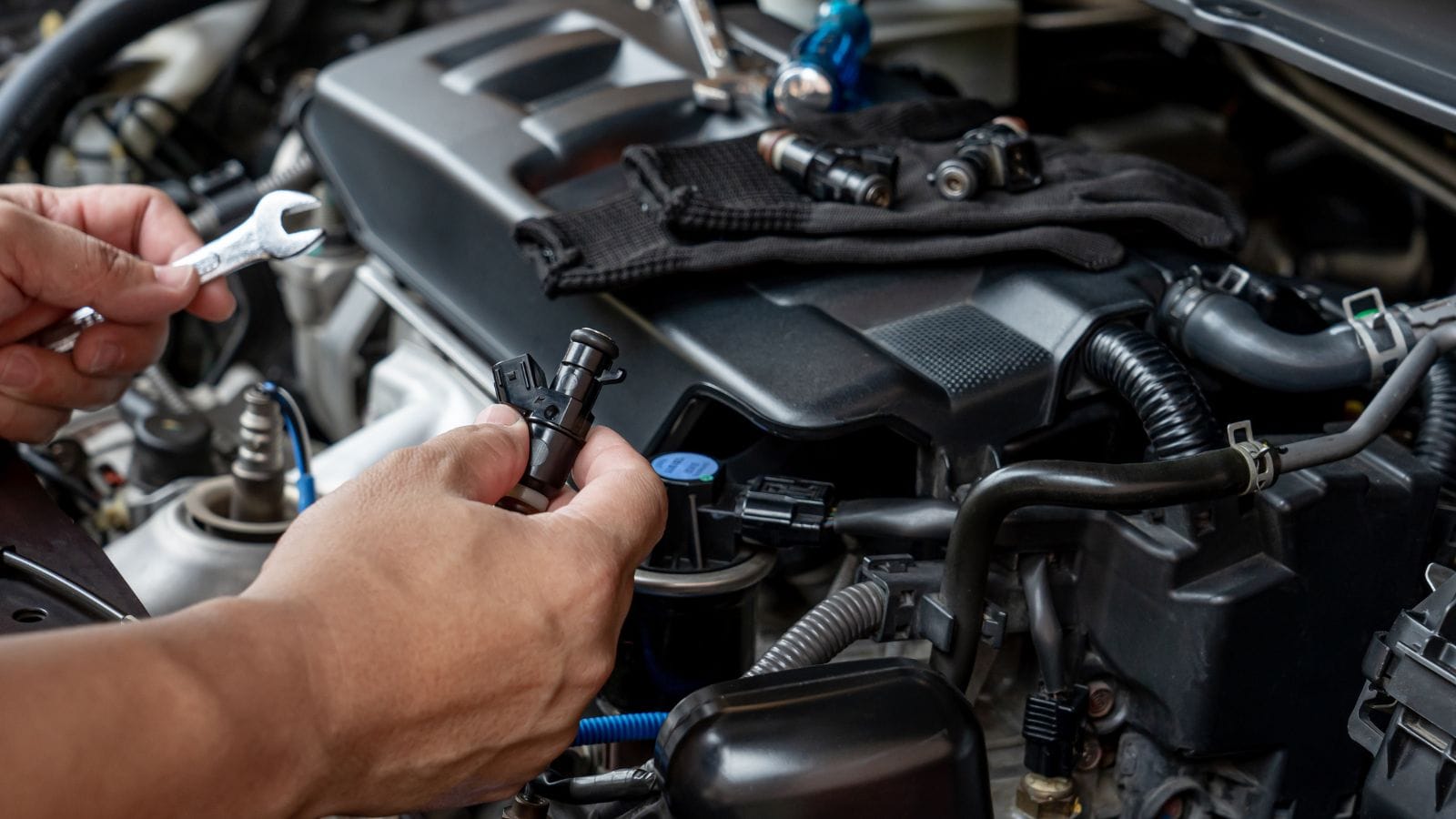
Fleet operators and serious enthusiasts use oil analysis to check engine health. Labs test for metals, fuel dilution, and coolant leaks. High iron may mean worn bearings, while fuel in the oil can indicate injector problems. While most daily drivers won’t need this, it’s an incredible tool to predict problems before they become disasters.
Driving Style Changes Oil Needs

If you tow, track, or drive aggressively, your oil works harder. Heat cycles and high RPM break it down faster, requiring shorter intervals. Likewise, trucks or SUVs used for heavy towing often need upgraded oils designed for higher load and temperature protection. Your driving habits matter more than the calendar.
Correct Oil Is Cheap Insurance
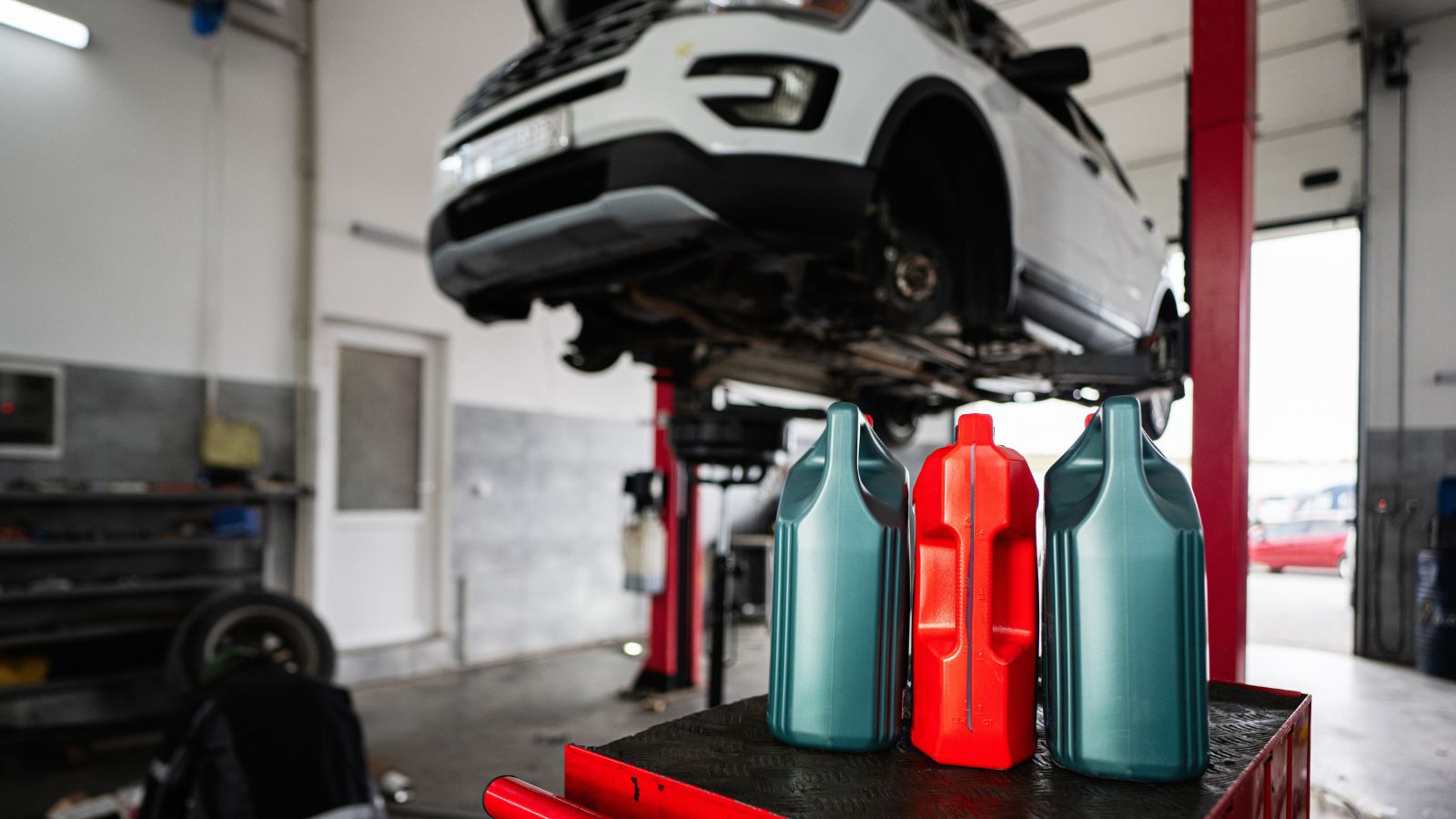
Engines are expensive to replace. Spending a few extra dollars on the right oil and filter saves thousands in the long run. The correct oil keeps seals healthy, reduces wear, and ensures your car performs as the manufacturer intended. Skimping on oil isn’t saving money it’s gambling with your engine’s future.
25 Facts About Car Loans That Most Drivers Don’t Realize

Car loans are one of the most common ways people fund car purchases. Like any other kind of loan, car loans can have certain features that can be regarded as an advantage or a disadvantage to the borrower. Understanding all essential facts about car loans and how they work to ensure that you get the best deal for your financial situation is essential. Here are 25 shocking facts about car loans that most drivers don’t realize:
25 Facts About Car Loans That Most Drivers Don’t Realize
